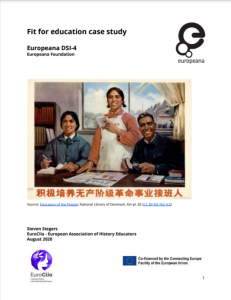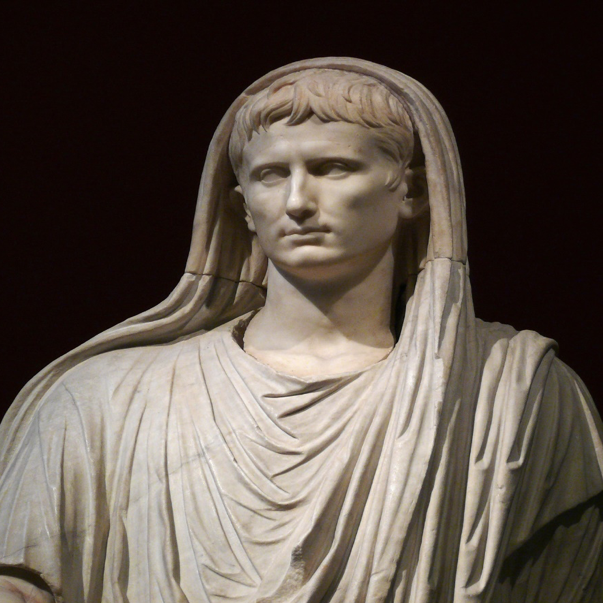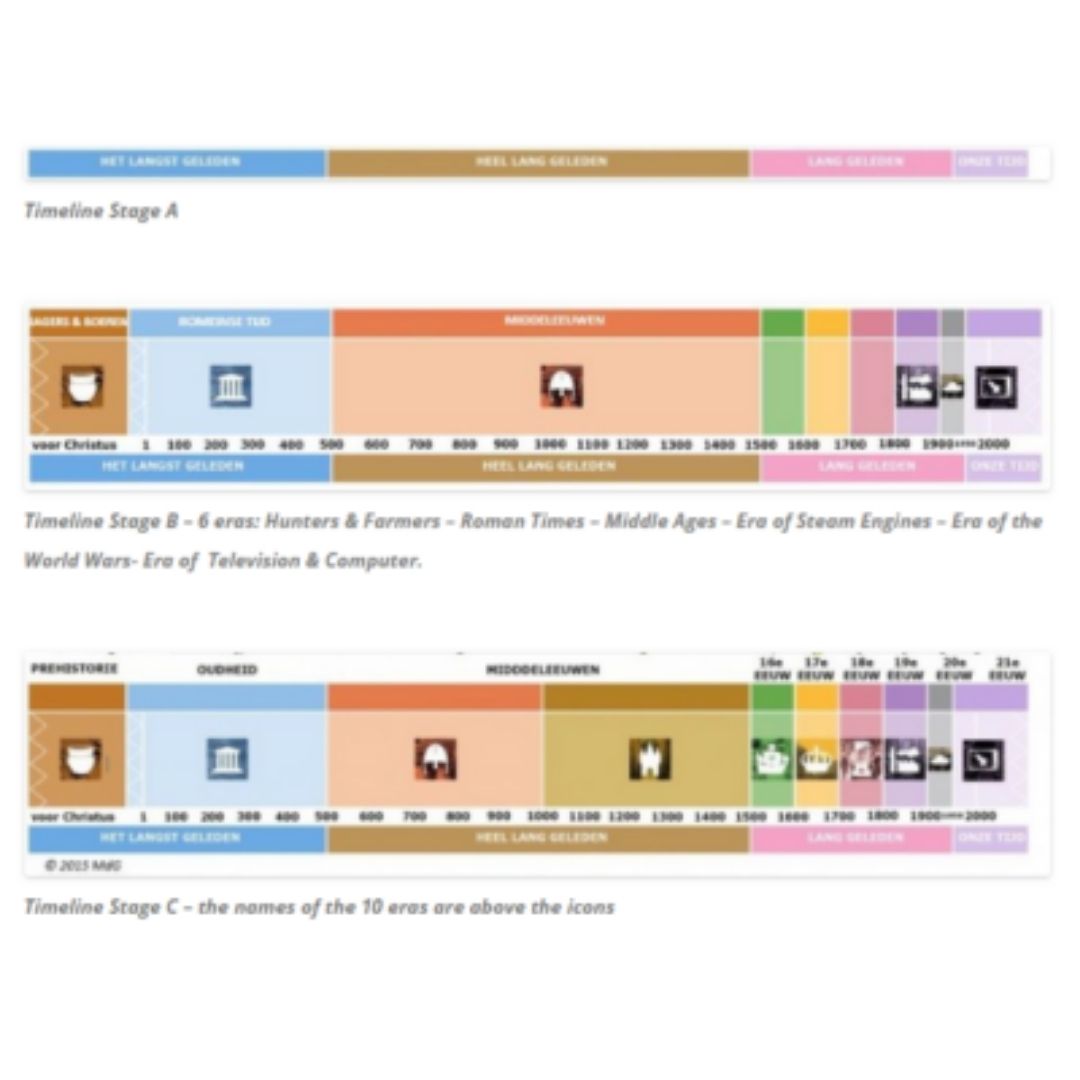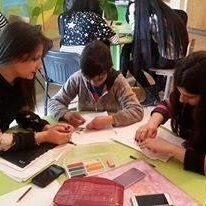To encourage cooperation between people working in the fields of education and cultural heritage, EuroClio has produced a case study providing insights into the use of online collections for and by educators. The case study is based on work done by EuroClio, historians and history educators from its network, who have worked to find and present over 1,000 sources from Europeana in more than 60 source collections, available at Historiana.
The case study aims to help cultural heritage institutions understand what educators look for while searching online collections, and how to make their content more accessible for education. These insights can help suggest the order in which pieces from collections can be digitised and help institutes think about reducing barriers to access.

How the process of historical enquiry helps to make school history more accessible

How strategies of differentiation can help creating an inclusive environment for student development

Understanding Historical Times through the use of layered timelines

Change and continuity through looking at the impact of a happening that is having a diverse impact on society

Project Citizen: engaging students in the active exercise of responsible citizenship






